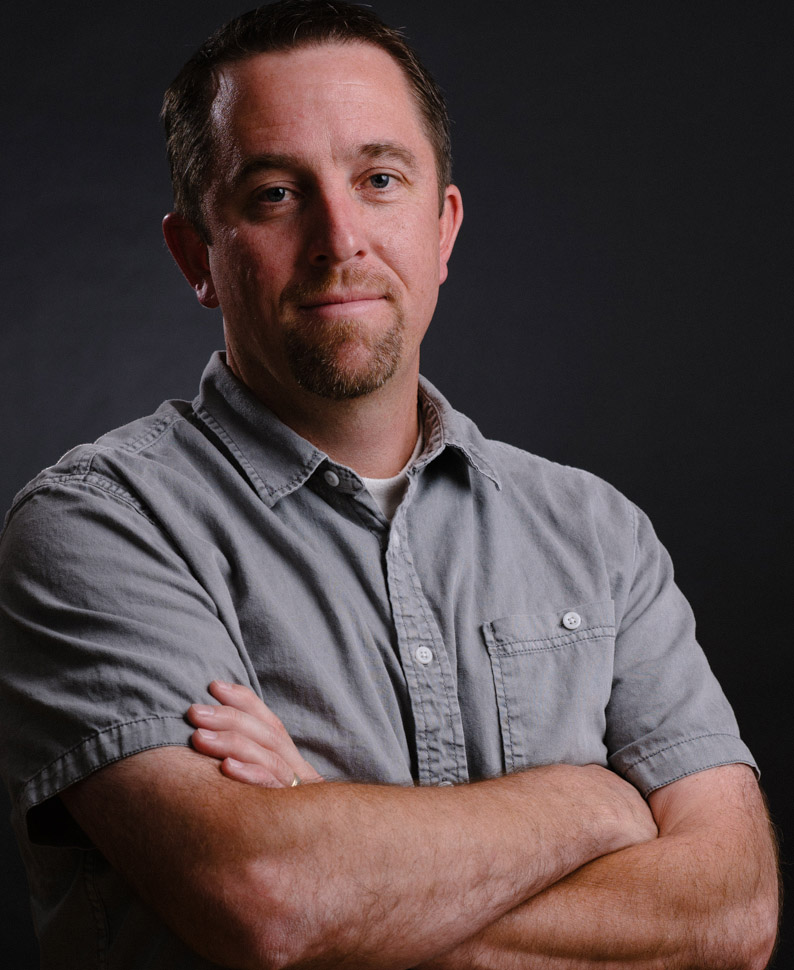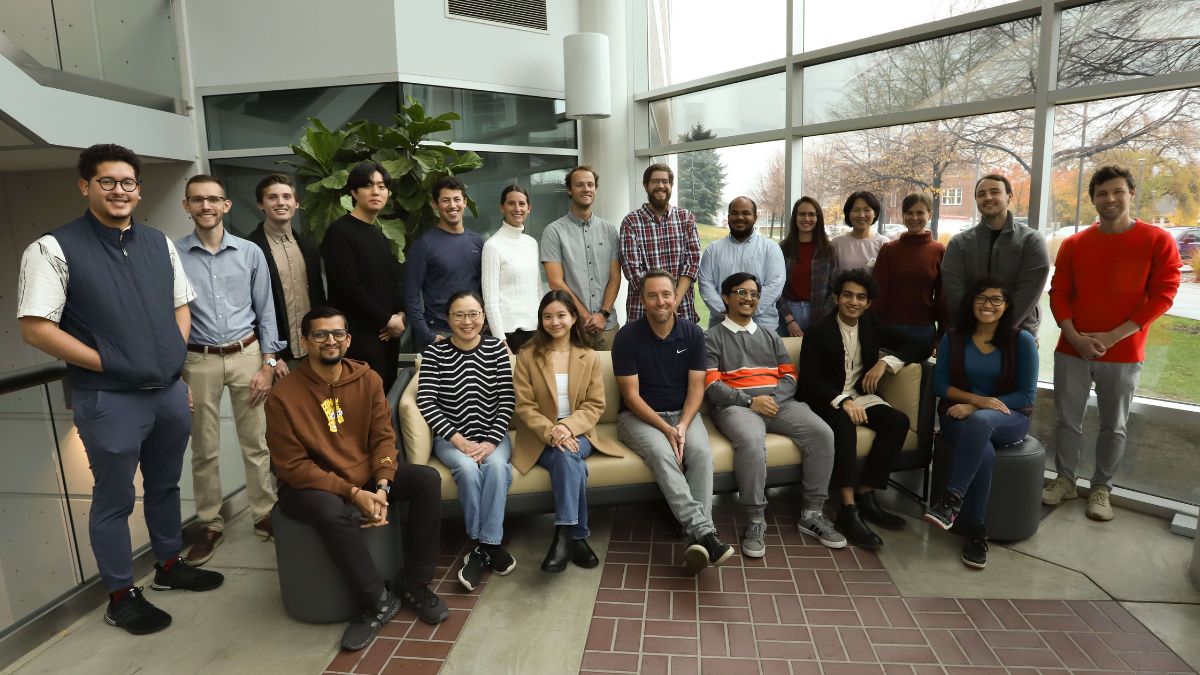Getting to Know Jared Rutter, PhD
Date Posted: Tuesday, June 11, 2024
Jared Rutter, PhD, a Distinguished Professor of Biochemistry & the Dee Glen and Ida Smith Endowed Chair for Cancer Research at University of Utah School of Medicine, will be presenting a special MetNet Pioneer in Metabolism Award talk. Jared is a co-director of their Diabetes and Metabolism Center, and co-leader of the Nuclear Control Cell Growth and Differentiation Program.
He received his PhD from the University of Texas Southwestern Medical Center in 2001 working in the laboratory of Dr. Steve McKnight,and started his own lab in 2003. His independent laboratory has uncovered numerous proteins of previously unknown function as ultimately playing key metabolic roles in the mitochondria. Perhaps his most important discovery was the mitochondrial pyruvate transporter in 2012. Jared has since explored the roles of MPC and other genes in various diseases including cancer.
He became a Howard Hughes Medical Investigator in 2015 and received numerous awards including the Keck Research Achievement Award and Searle Scholar, and has been involved in the founding and advising of several biotech companies.
Following MetNet tradition, we asked Jared some scientific and nonscientific questions:
What do you love about your institution & its atmosphere?
I really love the positive and collaborative culture at the University of Utah, especially in our metabolism community. People are genuinely excited for each others’ successes and are genuinely interested in helping one another. Doing what we do is hard but having people who are battling alongside you makes it easier.
What do you wish you could do if you had more free time?
While the pandemic was horrible for many people around the world, one benefit that I experienced was that I started playing more golf, which has become my major pastime outside of the lab now that my kids have left home. I would play more golf if I were less busy with work, but I enjoy the work I do.
What profession do you think you would have if you weren’t a scientist?
Realistically, I probably would have been something boring like an engineer. In my fantasies, I would have been a professional golfer.
Favorite band or musician of all time?
Throughout my younger years, my favorite band was U2. My son is now a popular musician, so I have family obligations to update my preferences.
Looking back on your path so far, what advice would you offer to trainees?
I would encourage young scientists to be thoughtful and intentional about becoming the scientist they want to be. Build the skill set and tools that you want to have. Do your best to make yourself into the ideal person for the job that you want to have. The most direct path for most people will be to discover something important.

